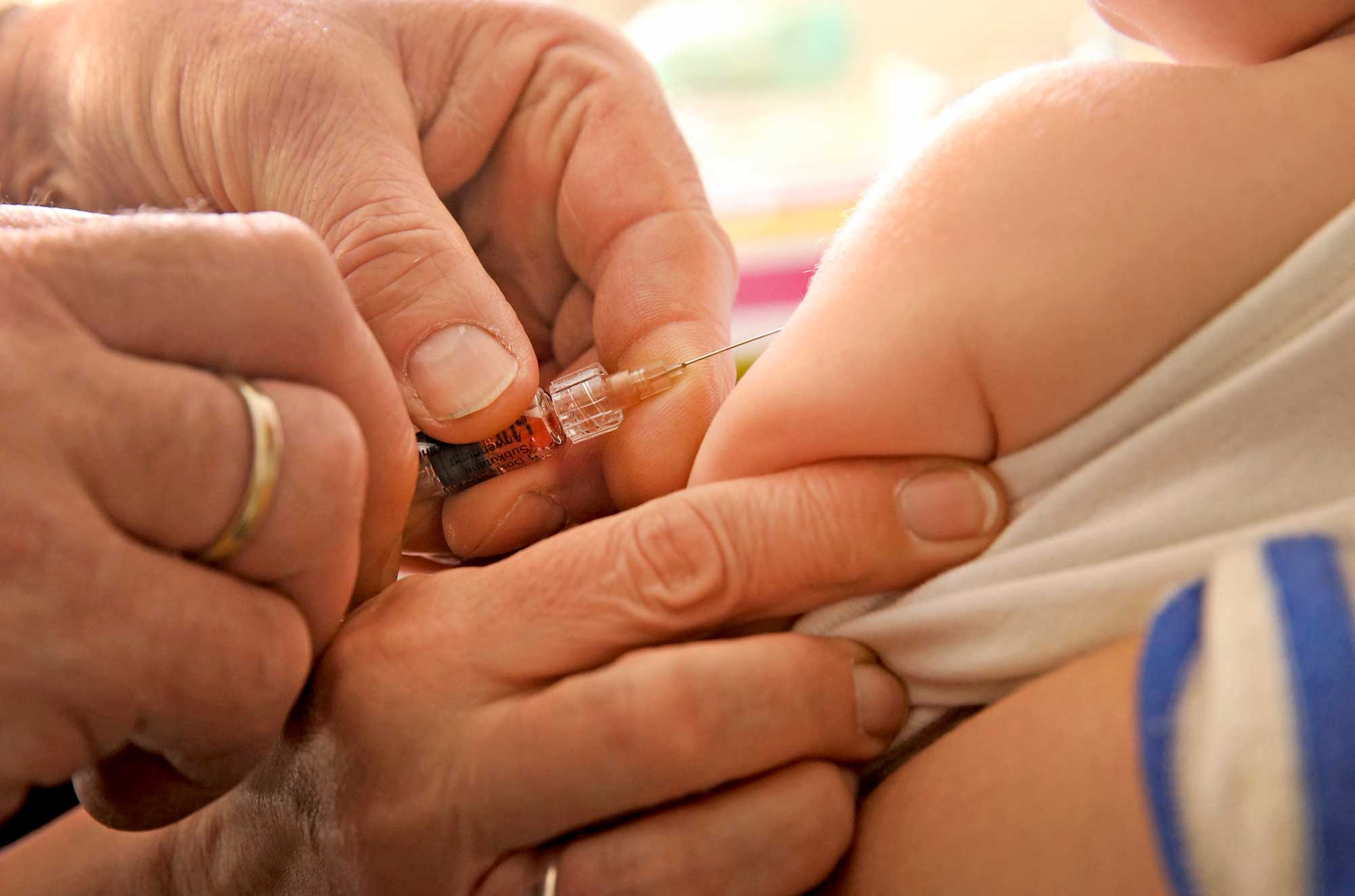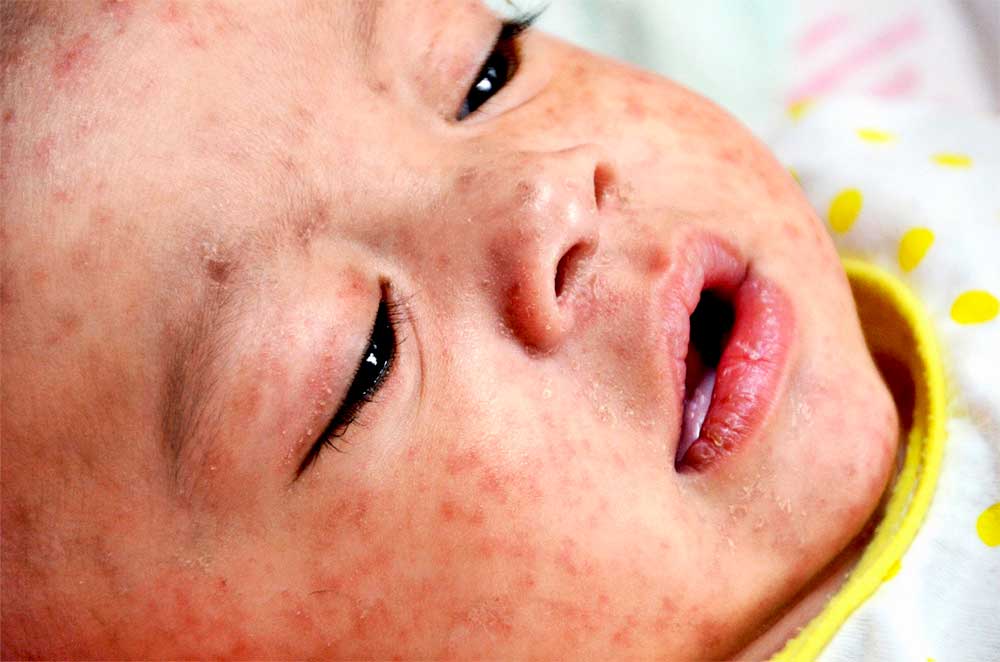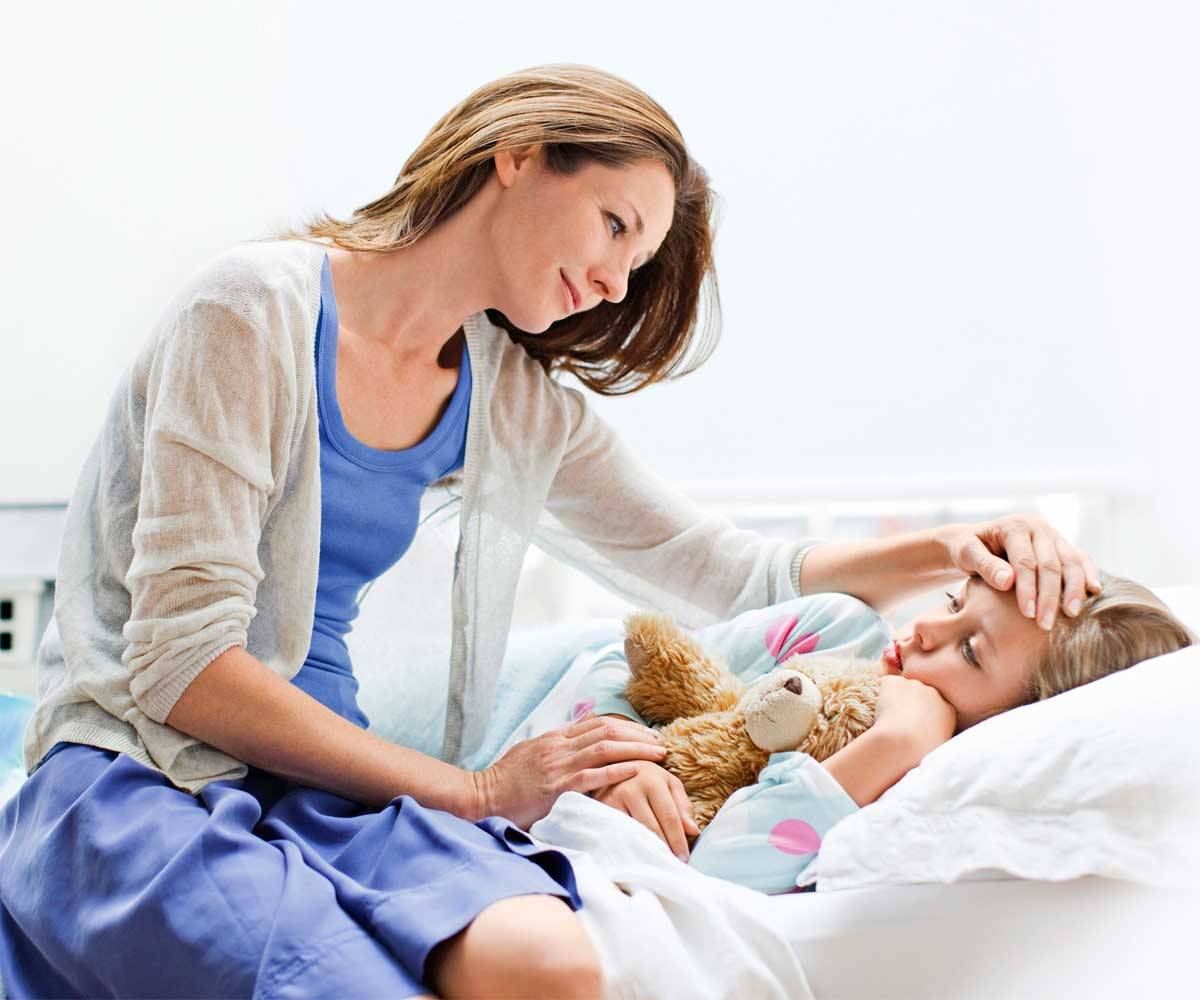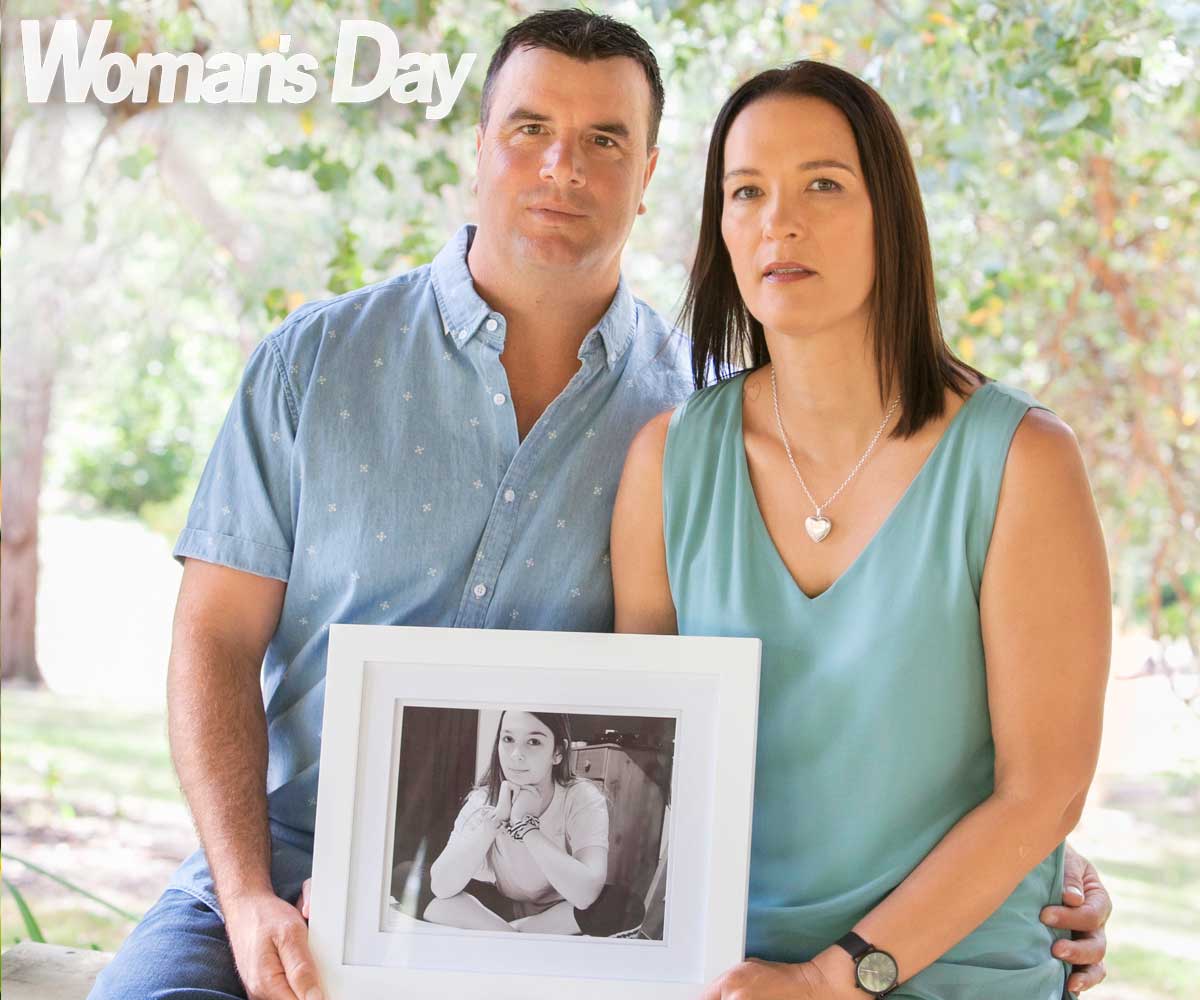Measles continues to spread in New Zealand. There are now more than 70 reported cases of this potentially life-threatening disease – mostly in Canterbury, but also in Auckland and Mount Maunganui. More than 20 Kiwis have been hospitalised.
The Ministry of Health posts regular updates about the current outbreak and shares invaluable information on its website health.govt.nz.
Measles is highly contagious, affecting both children and adults, but it’s easily preventable – two doses of the measles vaccine provide the most effective protection to your family and the community.
Vaccination is particularly important if you’re going overseas, to protect yourself and to prevent further outbreaks in NZ.
How does measles spread
The Immunisation Advisory Centre says measles is one of the most infectious human diseases. It spreads through the air by infected droplets or by direct contact with secretions from the nose and throat of an infected person – for example, by touching infected surfaces such as door handles. It can survive in the air for two hours.

How to prevent measles
Caroline McElnay, Director of Public Health at the Ministry of Health, says the most important way we can protect ourselves against future measles outbreaks is for the public to maintain high
levels of immunisation, with MMR vaccinations at ages 15 months and four years. Teenagers and young adults who’ve never been vaccinated should also get immunised.
“Measles is very infectious, but if you’ve already had one dose of the MMR vaccine, you have a 95% chance of being protected,” advises Caroline. “Anyone who is sick should also stay away from work, school or public places to help prevent putting other people at risk.
“By isolating yourself, you will help protect vulnerable people, including babies, pregnant women, cancer patients and others who are unable to be immunised. The impact of the disease on them can be devastating.”
Protecting kids from measles
Measles has a 50% death rate for Kiwi kids with low immunity. The biggest group is children receiving cancer treatment. Chemotherapy attacks bone marrow and reduces the effectiveness of the immune system, making people much more susceptible to infection, particularly from viruses such as chickenpox and measles. While there is now treatment for chickenpox, there’s none for measles.
Because the measles vaccine contains a live virus, vulnerable children cannot be immunised, but everyone around them needs to be. Previous immunisations or exposure to illnesses will only partially protect children who have had chemotherapy because the damage done to their immune system erases much or all of the body’s memory of the virus.
A child’s immunity continues to drop as they receive more chemotherapy. For patients with leukaemia – the most common type of childhood cancer – their immunity continues to decline over the two to three years’ worth of treatment. It also remains severely impaired until at least six months after their treatment has ended.
Children are re-immunised when they have finished their cancer treatment, with the measles vaccine the first to be administered during an outbreak.
“The most important thing we can do to protect children with low immunity is to make sure that we and our children are immunised against measles so that we cannot spread the illness,” Caroline recommends.

Symptoms of measles
The illness starts seven to 18 days after you’ve been exposed to the infection. First symptoms include fever, a cough, a runny nose, sore and watery “pink” eyes, and sometimes small white spots on the back inner cheek of your mouth.
Between three and seven days after the first symptoms show, you may see a blotchy rash on your face and behind your ears, which spreads over your head and down your body.The rash lasts for up to a week.
You are contagious five days before and five days after a rash shows up. Count the first day that the rash appears as day one of the five days “after”.
Complications
Measles can be life-threatening and lead to other complications, such as:
• Ear infections (with possible permanent hearing loss)
• Diarrhoea
• Pneumonia
• Seizures
• Swelling of the brain – this is rare but can cause permanent brain damage or death
The vaccine is free if you’re under 50
In NZ, you can get the measles vaccine free if you were born on or after January 1, 1969. Info from the Immunisation Advisory Centre says that people born in Aotearoa before 1969 are considered to be immune to measles. There was no measles vaccine before that date and as the disease is so highly infectious, people aged over 50 have most likely had measles already and are now immune.
If in doubt, ask your GP
If you were born overseas or are unsure if you’ve been vaccinated, check with your GP. For free health advice, call Healthline on 0800 611 116 or visit healthline.govt.nz.


